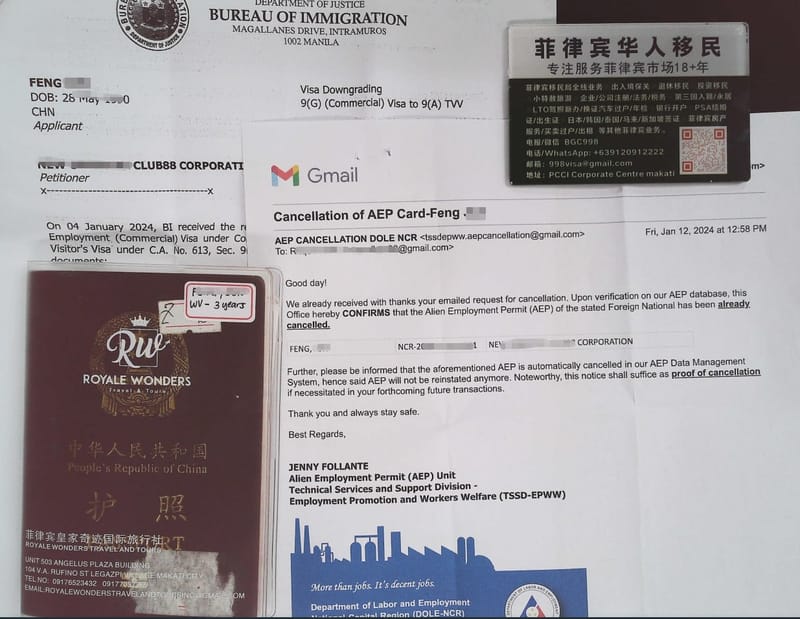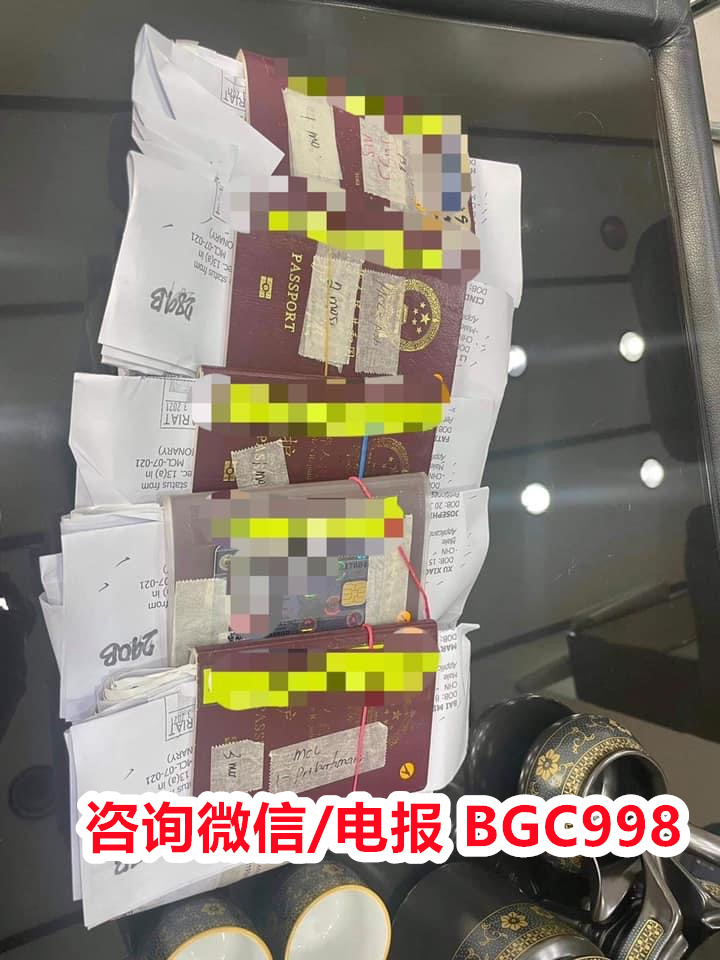Are there health insurance requirements for a Philippines marriage visa (13A)?

Can a Philippines marriage visa (13A) holder eventually apply for Philippine citizenship?
Yes, holding a Philippines marriage visa (13A) can be the first step toward naturalization, but permanent residency does not automatically lead to citizenship. The 13A visa grants the foreign spouse indefinite stay, freedom to work, and many rights similar to Filipino citizens, except voting and holding certain public offices. To apply for citizenship, the foreign spouse must generally reside in the Philippines continuously for at least 10 years, although this requirement can be reduced to 5 years if married to a Filipino citizen. The applicant must also demonstrate good moral character, belief in Philippine principles, integration into the community, and financial stability. The process is formal and requires approval by the courts, meaning it is more complex than simply extending a visa. For many couples, the 13A provides enough stability without needing citizenship, but those wishing to deepen their commitment to the Philippines may consider applying for naturalization after several years of residency.

Does the Philippines marriage visa (13A) require yearly renewal?
No, once the foreign spouse is granted a permanent Philippines marriage visa (13A), it does not require yearly renewal like tourist visas or work permits. However, all 13A visa holders must comply with the Annual Report requirement, which involves visiting the Bureau of Immigration once a year between January and March to update personal records and confirm continued residency. This is a simple procedure and much less burdensome than reapplying for visas each year. Additionally, the Alien Certificate of Registration (ACR I-Card) must be renewed periodically, usually every five years. This ensures the government maintains accurate records of foreign residents. So, while the visa itself does not expire, these compliance steps are necessary to maintain legal residency. In practice, this makes life much more convenient for foreign spouses compared to constantly renewing short-term visas.
What happens if the Filipino spouse passes away while the foreign spouse holds a Philippines marriage visa (13A)?
If the Filipino spouse passes away, the Philippines marriage visa (13A) may be affected since the basis of the visa is the marital relationship. However, immigration authorities often take humanitarian considerations into account. If the foreign spouse has been residing in the Philippines for many years, has Filipino children, or has established deep ties to the community, it is possible to retain residency or transition to another visa type. The Bureau of Immigration reviews such cases individually, and supporting evidence of strong connections to the Philippines is crucial. Without Filipino children or long-term residence, the foreign spouse may be required to shift to another visa category, such as a retirement visa, investor visa, or work permit. While the death of the Filipino spouse can create uncertainty, the government usually considers the circumstances carefully rather than immediately canceling residency rights, especially when children or long-established families are involved.
Are there health insurance requirements for a Philippines marriage visa (13A)?
The Philippines marriage visa (13A) does not specifically mandate private health insurance as part of the application. However, applicants must undergo a medical examination to confirm that they do not have communicable diseases that could endanger public health. While not compulsory, health insurance is highly recommended for foreign spouses since the public healthcare system has limitations, and private medical care can be expensive. Having insurance demonstrates financial preparedness and strengthens the application by showing the applicant will not be a burden on public resources. Many foreign spouses choose international or local health insurance plans for peace of mind, particularly if they plan to raise a family in the Philippines. Though not an official requirement, health coverage is often seen as a practical necessity for anyone seeking long-term residency in the country.

Can a Philippines marriage visa (13A) be denied, and what are common reasons for denial?
Yes, the Philippines marriage visa (13A) can be denied if immigration authorities find the application does not meet the required standards. Common reasons include incomplete or fraudulent documents, suspicion of a sham marriage entered solely for immigration purposes, lack of financial capacity, or the foreign spouse having a criminal record. Applicants who overstay or violate visa conditions before applying also risk rejection. Another factor is failure to provide sufficient proof of cohabitation and a genuine marital relationship, especially if the couple lives separately without valid reason. In some cases, denials are due to administrative errors or missing paperwork, which can be corrected upon reapplication. To reduce risks, applicants should ensure transparency, accuracy, and authenticity in their submissions. Professional guidance often helps prevent mistakes and provides reassurance that all requirements are fully met before filing.

What advantages does the Philippines marriage visa (13A) offer compared to other long-term visas?
The Philippines marriage visa (13A) provides advantages that few other visas can match. Unlike retirement or investor visas, it does not require large financial deposits, property purchases, or age restrictions. Unlike work permits, it is not tied to a specific employer, providing greater freedom to work, start businesses, or study. It also grants permanent residency, meaning the holder can remain indefinitely in the Philippines without worrying about constant renewals. In addition, the 13A visa allows free re-entry into the country, eligibility for derivative visas for children, and a pathway to eventual Philippine citizenship. Perhaps the greatest advantage is stability—it enables foreign spouses to build long-term family and economic life in the Philippines without the insecurity of temporary visas. This combination of flexibility, security, and family unification makes the 13A one of the most attractive residency options available to foreigners married to Filipino citizens.
Is it possible to transfer a Philippines marriage visa (13A) from one passport to another?
Yes, if a foreign spouse holding a Philippines marriage visa (13A) renews or replaces their passport, the visa can be transferred to the new passport. This requires filing a request with the Bureau of Immigration and presenting both the old and new passports, the Alien Certificate of Registration (ACR I-Card), and supporting identification documents. The process ensures continuity of legal residency even when the passport changes. This situation commonly arises when the old passport expires, pages run out, or it is lost and replaced. Immigration officers will annotate the new passport with the valid 13A visa details. While the process is straightforward, it must be handled promptly to avoid complications during international travel. Foreign spouses should always ensure that both their passport and immigration documents remain current to safeguard uninterrupted residency in the Philippines. ★
针对以上话题您是否想了解更多?欢迎联系我们咨询
English/Tagalog Inquiries :
WeChat : dpylanayon
Telegram : @Diadem_Pearl
EMAIL: dplanayon.royalewonders@gmail.com
VIBER:+ 63 939 526 6731 / +63 9176523432
WhatsApp / PHONE:+639176523432
中文咨询
微 信:BGC998 电报@ BGC998 或 微信:VBW333 电报@VBW777
菲律宾998VISA是菲律宾MAKATI 实体注册公司,在菲律宾已经有超过19年服务经验,客户隐私安全保护服务可靠,业务提交可以安排工作人员上门取件或前往我们办公室提交。菲律宾政策时常变化,且信息发布有时间差,有需要相关业务最新资讯欢迎联系我们。
欢迎关注我们的电报TELEGRAM频道
998官方资讯频道 @FLBYM998
日常案例分享频道 @FLBYM998CASE